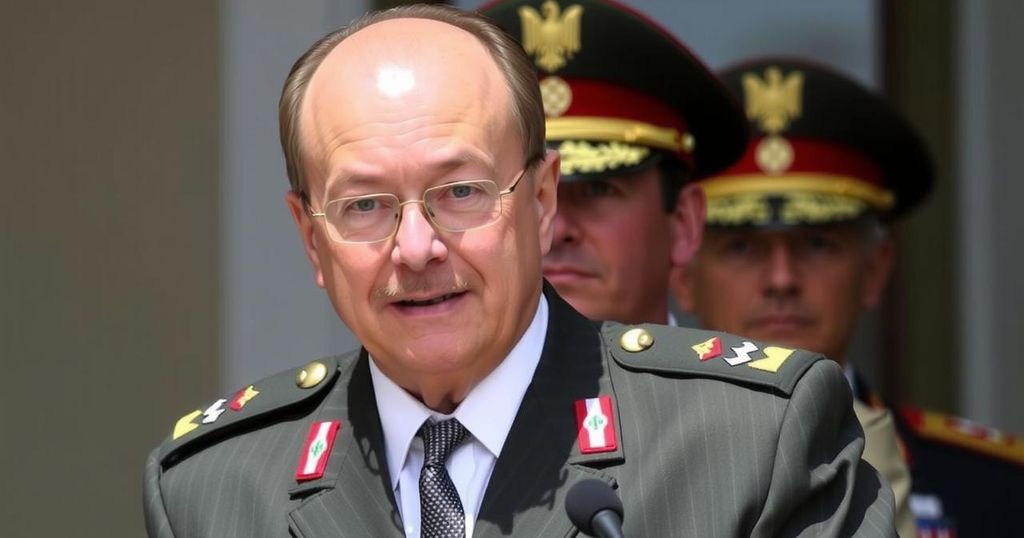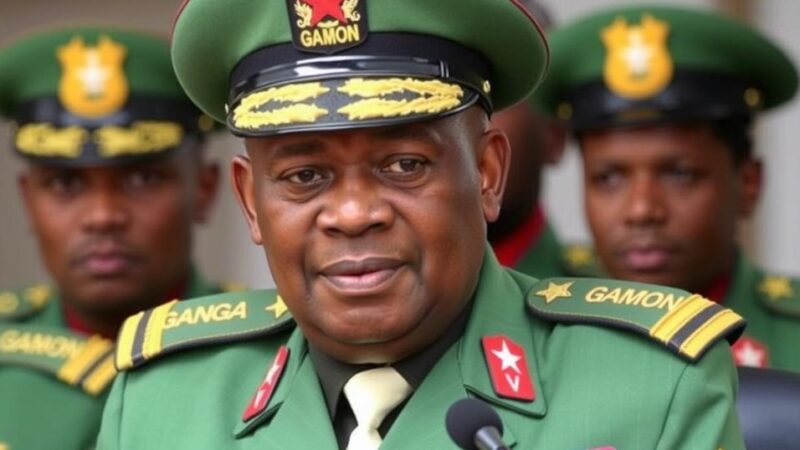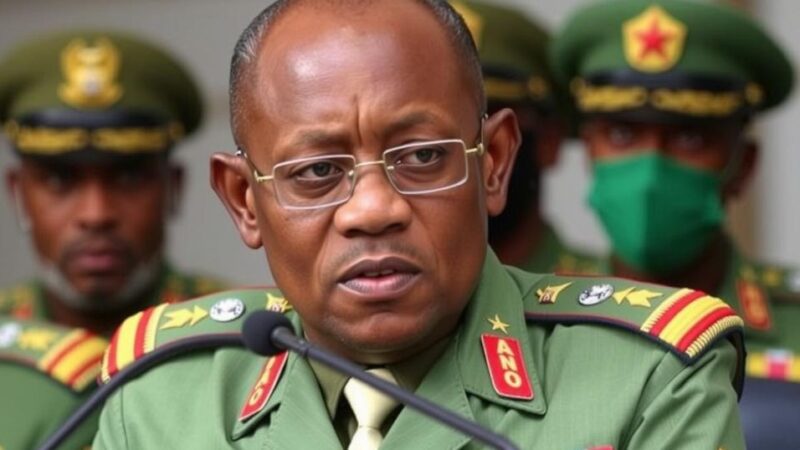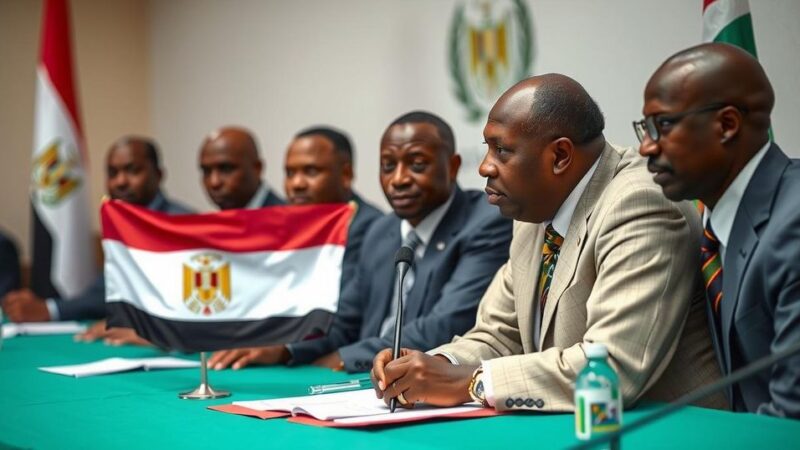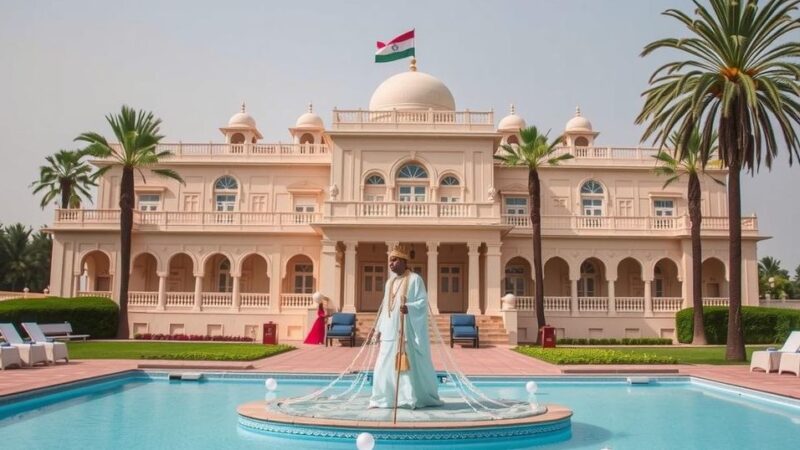Lebanon elected Army Chief Joseph Aoun as president after a two-year vacancy, marking a significant step toward addressing the nation’s economic crisis. Aoun promises to prioritize national unity, oversee reforms, and restore security amid regional tensions, despite facing criticism regarding the influence of Hezbollah in the election process. His leadership is pivotal for international relations and Lebanon’s recovery trajectory.
On Thursday, Lebanon’s lawmakers elected Army Chief Joseph Aoun as president after a two-year hiatus in the presidential office, signaling a potential revival for the embattled nation. Celebrated in his home village, Aoun donned a suit instead of his military uniform while affirming his commitment to leading the country out of its financial straits. He faces significant challenges, including ensuring stability in the south and implementing reforms essential for international support amid the country’s severe economic crisis.
In his inaugural speech, Aoun emphasized a new chapter for Lebanon, stating, “Today, a new phase in Lebanon’s history begins”. His aims include establishing a monopoly on weapons by the state in light of Lebanon’s conflicts, particularly with Hezbollah. Aoun’s election marks the fifth time an army commander has transitioned to the presidency, reflecting the unique dynamics of Lebanon’s power-sharing system.
Aoun’s election followed a prolonged vacuum of leadership that commenced after the term of Michel Aoun ended in October 2022. Although supporters celebrated his victory, apprehension remains, especially regarding the influence of Hezbollah in Lebanon’s political landscape. International stakeholders, including the U.S., Saudi Arabia, and France, have expressed their hopes for positive reforms and stability through Aoun’s leadership.
Critics, however, caution against perceived foreign intervention, which was allegedly reflected in how votes were cast during the election process. Notably, while some lawmakers voted blank, others protested against Aoun’s election by casting votes for “sovereignty and the constitution”.
The embattled nation stands at a crossroads, and Aoun’s ability to unify various factions, draw up a new government, and stabilize the economy will be paramount in the days ahead.
Joseph Aoun’s election as president comes after a two-year vacancy in Lebanon’s highest office, highlighting the political instability that has characterized the nation since the conclusion of Michel Aoun’s term. The position carries historical weight, as Aoun is the fifth army commander to assume the presidency in Lebanon. Amid ongoing economic turmoil and conflict, particularly with Israel and Hezbollah, Aoun’s presidency represents both a significant opportunity and a litmus test for advancing reforms that are essential for international assistance and national recovery. Lebanon’s multi-confessional system dictates that the president must be a Maronite Christian, adding complexity to governance and complicating the process of consensus-building among diverse political factions. Aoun’s leadership comes at a critical juncture, particularly as diplomatic pressure mounts from international actors seeking substantive political action and reforms to address the country’s dire economic crisis.
Joseph Aoun’s ascension to the presidency symbolizes a potential turning point for Lebanon, offering hope for national unity and economic reform. However, his administration faces significant challenges, including managing diverse political opinions, ensuring security in the face of past conflicts, and implementing vital reforms demanded by the international community. The response to his leadership over the coming months will likely determine Lebanon’s trajectory in overcoming its profound political and economic challenges.
Original Source: www.bryantimes.com

